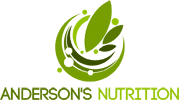Are you pregnant or thinking of becoming pregnant? If so, now is the time to start looking at what those extra needed nutrients are during pregnancy. It is important to be aware of these essential nutrients as you plan to become pregnant and when your little munchkin is growing in you. In order to keep your baby growing healthy and strong, you must include these 6 key nutrients during pregnancy in your diet.
Key Nutrients to Look for During Pregnancy
Key Nutrient: Folate
Folate is a B Vitamin (Vitamin B-9) that every cell in your body requires. It is one of the most important key nutrients during pregnancy. It is involved in the prevention of neural tube defects, heart defects, and birth defects of the mouth, including cleft palate and lip.
Basic Prenatal
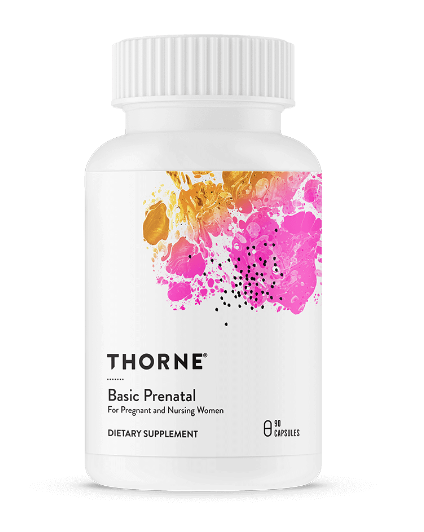
The easiest way to ensure you are getting the essential amount of folate (600 mcg/daily during pregnancy) is through a prenatal vitamin.
It is important to take a prenatal at least 3 months before even trying to get pregnant to prepare your body nutritionally. Many prenatal vitamins contain folic acid, but about 60% of women have the reduced ability to use folic acid due to genetics (MTHFR enzyme).
Where can we get folate in foods?
- Broccoli
- Brussels sprouts
- Leafy green vegetables (cabbage, kale, spring greens, spinach)
- Peas
- Chickpeas and kidney beans
- Liver
- Lentils
- Orange juice
Folate
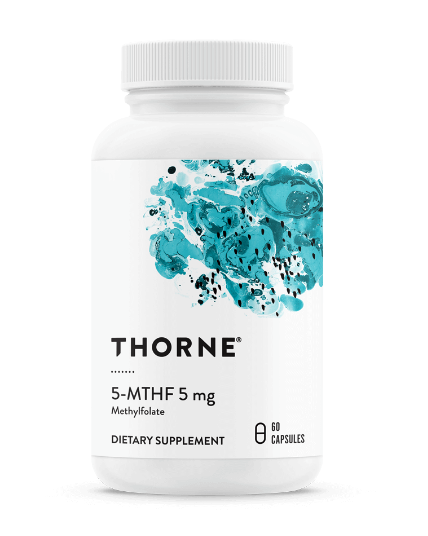
Folate is better absorbed in the body, as it is the main type of folate in our blood and there is a low risk of toxicity.
Key Nutrient: Iron
Iron is another key nutrient during pregnancy. You need twice the amount that your body usually requires. In pregnancy, 27 mg per day is needed.
While pregnant, your body needs iron to carry oxygen to your baby through red blood cells. Your baby also needs iron to help make their own blood.
Where can we get iron in foods?
- Beans, nuts, raisins, and dried fruit
- Lean red meat, poultry and seafood
- Peanut butter
- Eggs
- Some cereals and bread that have been fortified with iron
Iron Bisglycinate
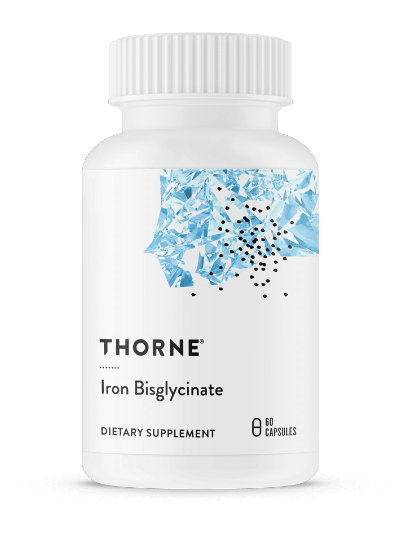
Iron bisglycinate is best absorbed and can decrease GI side effects like constipation, nausea and vomiting.
Pairing your iron rich foods with something that is rich in Vitamin C will enhance the absorption of iron into your body. If you are a vegetarian or do not eat much meat, you will need to know how to better absorb iron from plant sources. Some examples of good pairings include:
- Adding strawberries or blueberries to oatmeal and chia seeds
- Adding citrus fruits or strawberries to a spinach salad (spinach is rich in iron)
- Putting bell peppers or tomatoes with rice and beans
- Adding lemon juice or zest to a quinoa or bean dish (it can also be used as a salad dressing on top of spinach and kale!)
- Making your loaded baked potatoes with sweet potatoes and black beans
- Having a black bean burger with tomatoes and sautéed bell pepper with sweet potatoes fries or broccoli on the side
Omega 3 and DHA
DHA is an omega 3 fatty acid that helps with the growth and development of your baby’s brain and eyes. Most prenatal supplements will have this included in them already, so be sure to check the label. If it is not included, you may need to get an extra supplement as this is a key nutrient during pregnancy.
Where can we get Omega-3 and DHA in foods?
- Fish such as salmon, herring, trout, anchovies, sardines and halibut
- Nuts
- Seaweed
- Orange juice, milk and eggs (have DHA added)
- Flaxseeds and chia seeds
Advanced DHA
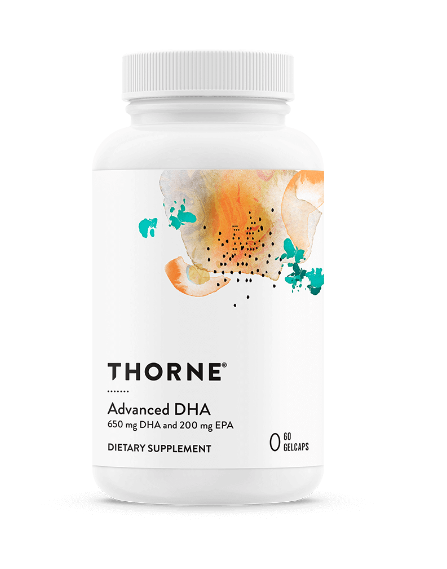
You need 300 mg of these nutrients during pregnancy each day to make sure your baby is getting what they need – DHA specifically. Your supplement needs to contain EPA as well; EPA is another omega 3 fat that transports DHA across placenta to the baby.
Probiotics
Probiotics contain beneficial bacteria that helps both mom and baby during pregnancy. Some scientists suggest that probiotics may have beneficial effects on the baby’s microbiota, which could help prevent allergic diseases.
Research has suggested that supplementation with targeted probiotics during pregnancy can result in improved blood sugar levels. Blood sugar levels can impact many aspects of pregnancy, such as nausea, energy, and mood. Women taking a probiotic saw a 23% decrease in these symptoms.
Where can we get probiotics in foods?
- Yogurt
- Buttermilk
- Cottage Cheese
- Tempeh
- Sauerkraut
- Miso soup
- Pickles
- Kefir
- Kimchi
Women’s Daily Probiotic
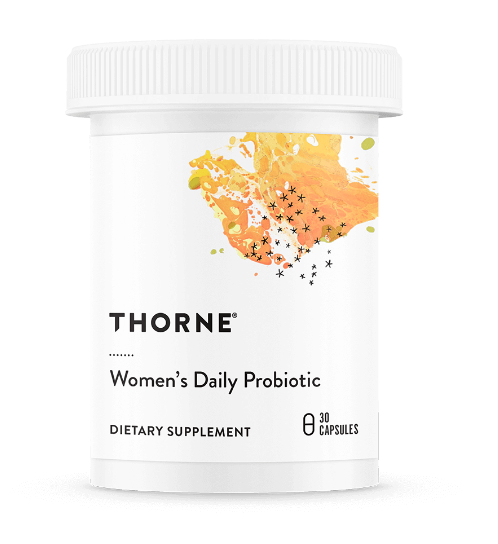
Ideally, it is suggested to take a probiotic with at least 30 billion CFUs per serving. High quality probiotics will contain both Lactobacillus and Bifidus strains. For vaginal health, look for strains Lactobacillus rhamnosus, GR-1 and Lactobacillus reuteri, RC-14.
Key Nutrient: Vitamin D
Vitamin D is a key nutrient in pregnancy because it helps our body absorb calcium. It is an important vitamin in supporting the immune system. During pregnancy, it is especially important to stay healthy and to protect your baby. Receiving the essential amount of Vitamin D may help to protect you and your baby even more from sickness and disease.
Where can we get Vitamin D in foods?
- Fatty fish such as salmon or tuna
- Eggs
Vitamin D + K2
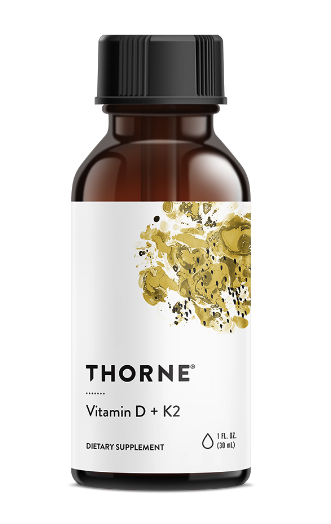
The required amount of Vitamin D in pregnancy is 4000 IU each day (prenatals have around 600 IU).
Vitamin K2 is an important nutrient to point out with Vitamin D. Vitamin K2 is only found in animal products. It works with Vitamins A and D to support normal mineral metabolism in the body, which is important for maternal and fetal development.
Key Nutrient: Choline
Choline is a key nutrient that is vital for maternal and fetal health during pregnancy. It plays a role in many physiological processes, including brain development and neural tube formation. Choline also enhances the transport of nutrients across the placenta, including DHA.
Where can we get choline in foods?
- Eggs
- Organ meats (like kidney, heart)
- Fish roe
- Fatty fish (especially salmon) beef
- Lamb
- Pork
- Poultry
- Dairy products
Phosphatidyl Choline
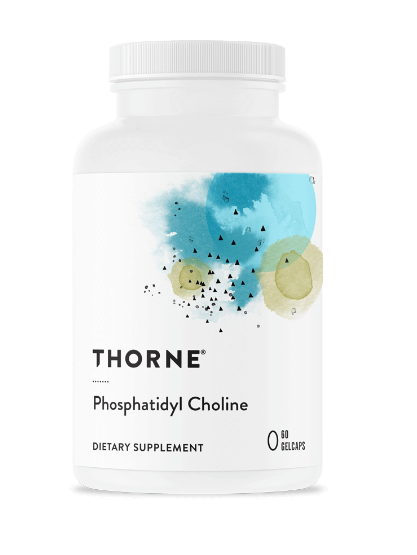
According to the American College of Obstetricians and Gynecologists, pregnant women should consume 450 milligrams of choline per day.
It is important to talk to your doctor about the supplements you are taking and get approval before you add in new ones!
How We Can Help
At Anderson’s Nutrition, we focus on the four Pillars of Health: nutrition, movement, stress, and sleep. We know each pillar plays a vital role in our overall health and especially during pregnancy. Therefore if you are interested in working with one of our Registered Dietitians, they can create a custom, realistic plan for you that can help you grow a healthy baby! Click the button below to schedule an appointment online.
Disclosure:
Some of our pages contain affiliate links. Anderson’s Nutrition may receive a commission at no extra cost to you. We only promote products that we have used and verified, and recommend to our clients and friends. As an Amazon Associate, we earn from qualifying purchases. Anderson’s Nutrition is a participant in the Amazon Services LLC Associates Program, an affiliate advertising program designed to provide a means for sites to earn advertising fees by advertising and linking to Amazon.com.
